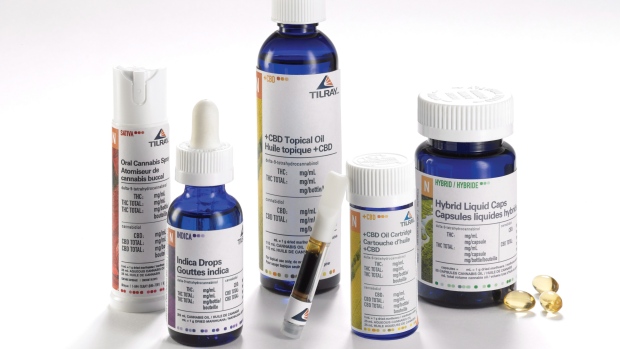The CBD Conundrum

No one could have predicted the odd sidetrack of CBD-only laws that were enacted in many states in 2014.
The issue of legal reform has become increasingly complex. CBD (cannabidiol) is one of the many compounds in the cannabis plant. Most people are familiar with delta-9 THC, the compound that produces the euphoric effect commonly associated with marijuana.
TV doctor Sanjay Gupta gave CBD a big boost in 2013 when he aired a segment on children with seizure disorders finding relief from cannabis oils high in CBD (he followed-up with another program on the subject, “Weed 2,” in 2014).
This has since given rise to a general CBD fad in marijuana companies who tout products (everything from health shake powders to flavored breath mints) containing the compound. Some businesses have emerged that claim to be extracting CBD from industrial hemp plants, which contain only trace levels of any medicinally effective cannabinoids. The hope on the part of these companies is to avoid falling afoul of federal law and to sell CBD products in all 50 states.
Just like THC (and every other compound in the cannabis plant), CBD is on Schedule I in the Controlled Substances Act. Meaning that even if a given state has legalized it, moving it across domestic or international borders would still be a big no-no.
A powerful anti-oxidant, CBD is often touted as being “non-psychoactive,» an odd claim for something that undeniably helps with seizures. The right mix of cannabinoids has proved to be extremely beneficial for children with epileptic disorders. Once they start cannabis oil, kids go from hundreds of seizures per day down to single digits and sometimes zero.
There’s also evidence that CBD-rich preparations can be used for chronic pain and to benefit dementia patients. However, CBD also seems to work best in concert with THC and other cannabinoids; it’s not nearly as effective alone. CBD is also hailed as being non-intoxicating. Certainly, strains of marijuana low in THC don’t produce the high many recreational consumers seek. But here’s the dirty secret: there’s an effect nonetheless.
The politics of CBD vs. THC has become muddled. In 2014, legislators teamed up with a small pool of pro-CBD business owners to pass laws that are unworkable. The only way to offer CBD-rich strains and oils is to have a comprehensive medical marijuana law that allows for a wide variety of products. Otherwise, patients, even the very children the laws are meant to help, are left with nothing.
Iowa and the other nine states have gone through the difficulties of passing CBD-only laws with no resulting access for patients. Now the parents of epileptic children are seeking expansion, completely new bills or worse, picking up and moving to Colorado and California.
This is an excerpt from the feature article in January’s Freedom Leaf Magazine «What’s Next for Cannabis in America?» read in full here
